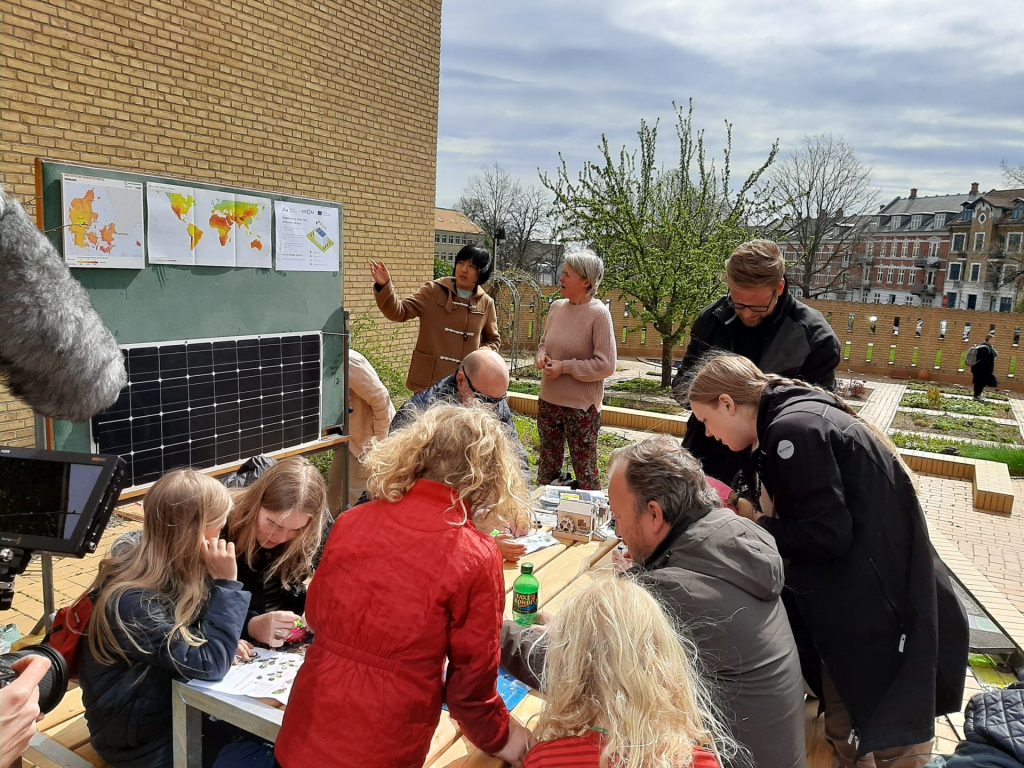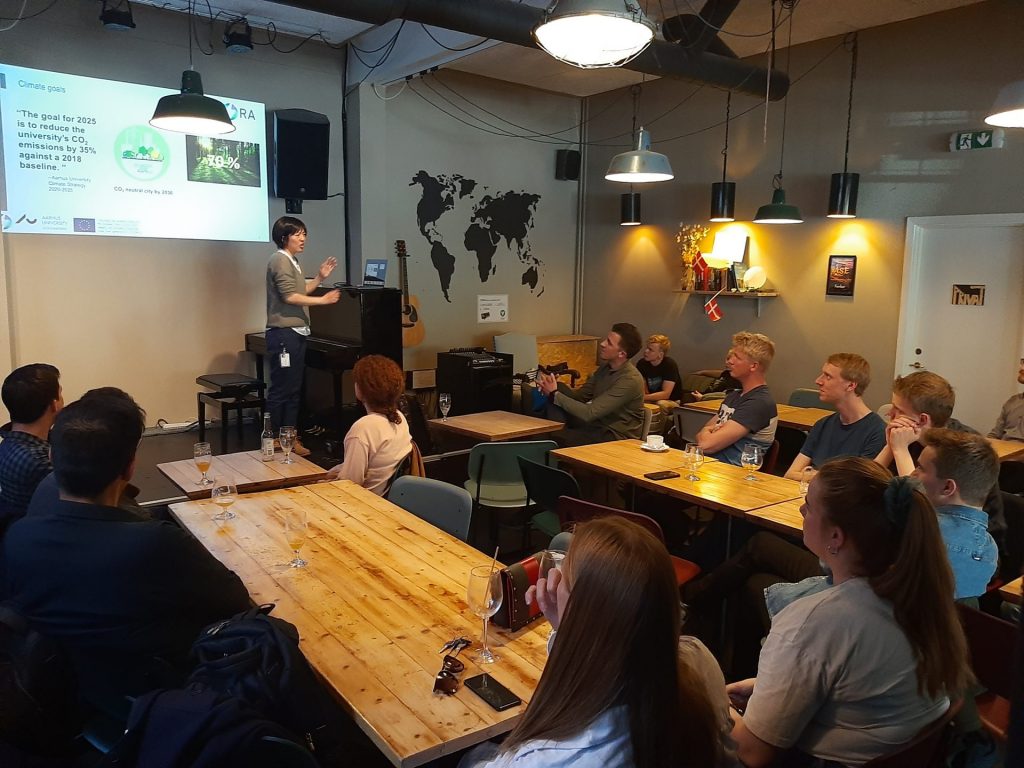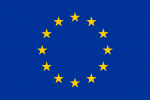Tackling the Global Climate Crisis
Most global leaders have accepted that climate change is real and mainly caused by burning fossil fuels and set policies:
- to make an energy transition away from fossils fuels; and
- to limit the increase in global temperatures to no more than 1.5 degrees centigrade.
Despite these actions, the Renewables 2021 Global Status report confirmed that in a decade we have seen almost no change (80.3% to 80.2%) in the percentage of fossil fuels in the energy mix (Renewables Global Status Report, 2021)
Europe is taking a leadership role to reduce its carbon levels investing a third of the 1.8 trillion euro investments over the next seven years to support targets to ensure:
- no net emissions of greenhouse gases by 2050;
- economic growth is decoupled from resource use; and
- that no person and no place is left behind (European Green Deal).
If these investments fail to hold temperatures rise to 3 degrees centigrade, climate change effects in Europe will by the end of the century result in (European Environment Agency, 2022):
60,000 additional fatalities per year from heat waves
€24 billion additional losses per year from floods
€20 billion additional losses per year from droughts
€100 billion additional losses from coastal flooding
It is time for action!
AURORA is demonstrating how people can make a difference through the choices they make, reducing 13-20% of all greenhouse gas emissions linked to residential energy use and 13% linked to transport choices. In addition, the project will empower people to take ownership of new community solar energy projects.
Our Approach
AURORA will show at least 7,000 citizens how they can make a difference by the choices they make, affecting the emissions for which they are responsible.
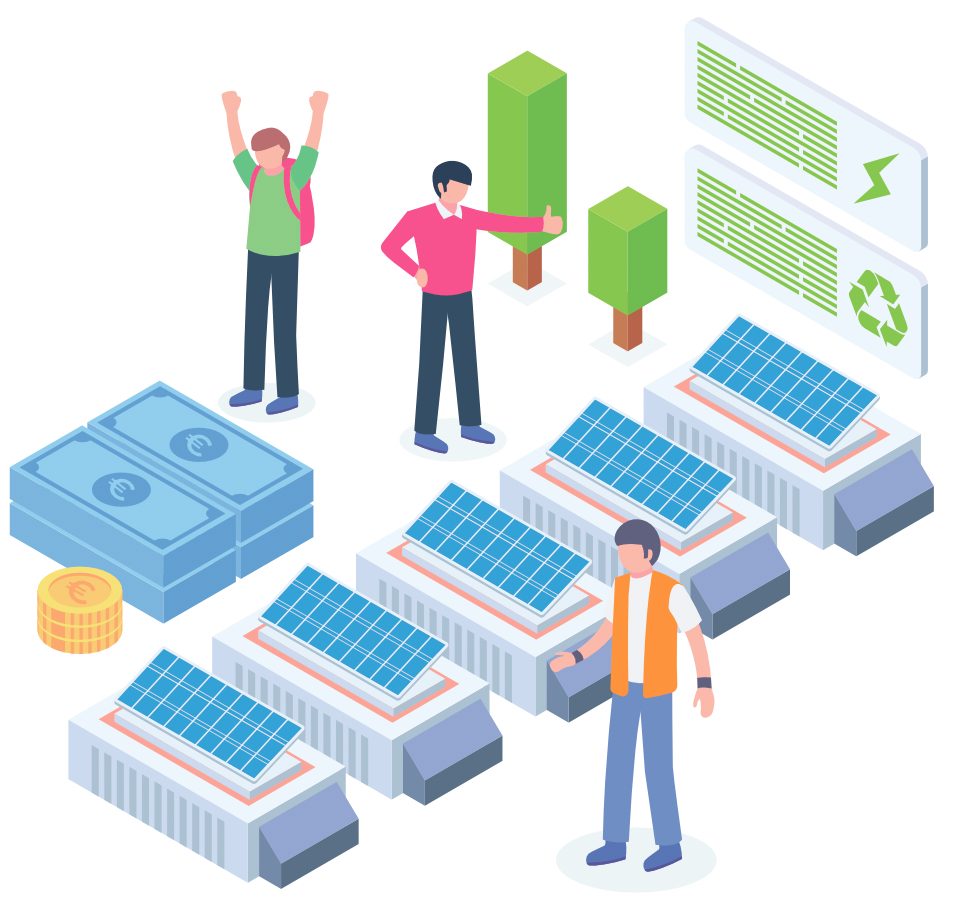
Local Energy Communities
By crowdfunding local photovoltaic (PV) energy facilities with shares as low as 20€, each participating citizen will become an active “prosumer” and help democratise the governance of the community and its energy systems.
Mobile App
Participants will act as citizen researchers by recording their own energy-related monthly consumption in a user-friendly mobile app, from which they will receive personalised recommendations on how they can improve their energy habits and reduce their carbon footprint.
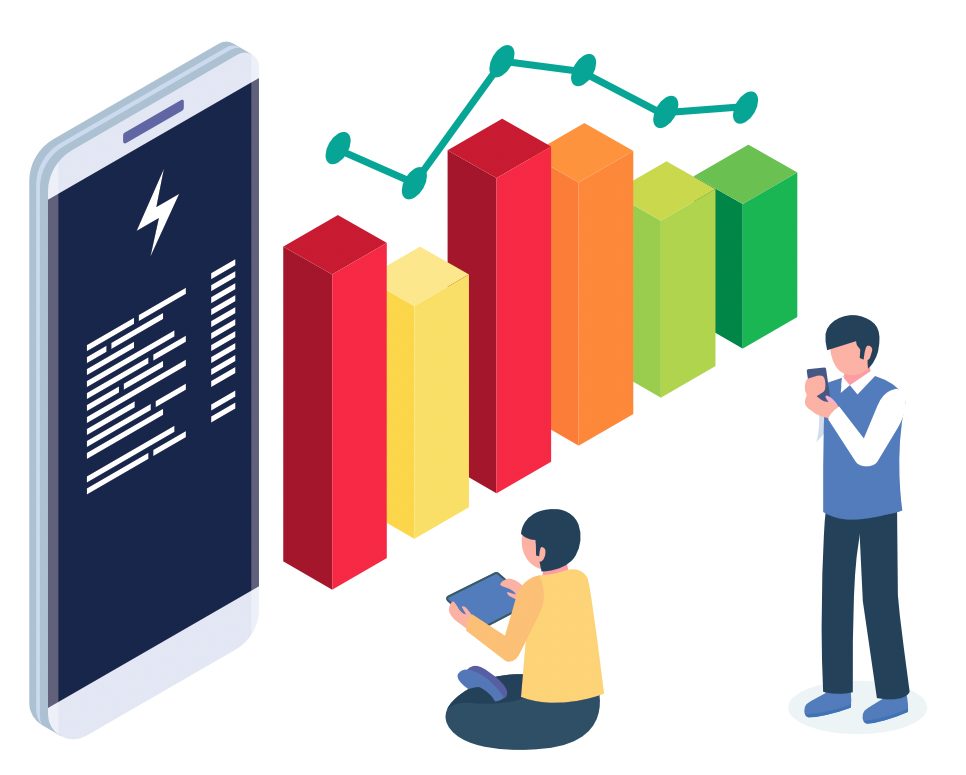
Users will be able to track their progress through a personal emissions profile -based on our labelling system- indicating a periodic evolution on their energy-related behaviour, which can be shared in social networks.
The collected data will serve to prepare targeted and concrete advice on how to become a Near Zero-Emission Citizen from a change-oriented approach.
Our Solution
AURORA is demonstrating how 20 million people at European Universities can tackle climate change.
Four pilot Universities are showing how students and staff can take action to reduce their personal energy footprint.
A mobile app will empower them to reduce energy demand and carbon emissions.

Students and staff are testing new business models for generating solar power on campus designed to shift the Universities’ energy supply sources.
Their stories, the tools, and the data they provide are open source and will be shared with Universities globally through the United Nation’s citizen science portal “World Environment Situation Room” (WESR), enabling basically all global citizens to benefit from the research.
AURORA is also testing how wider communities can join the program.
A Municipality in the UK is working with people of all ages to apply the same methods and offer community solar investment opportunities.
515 million people live in the EU and the UK, in 130,000 local and regional authorities. The results from the AURORA pilot will be shared with these communities.
Europeans will then be able to take ownership of the existential environmental challenges we are facing.
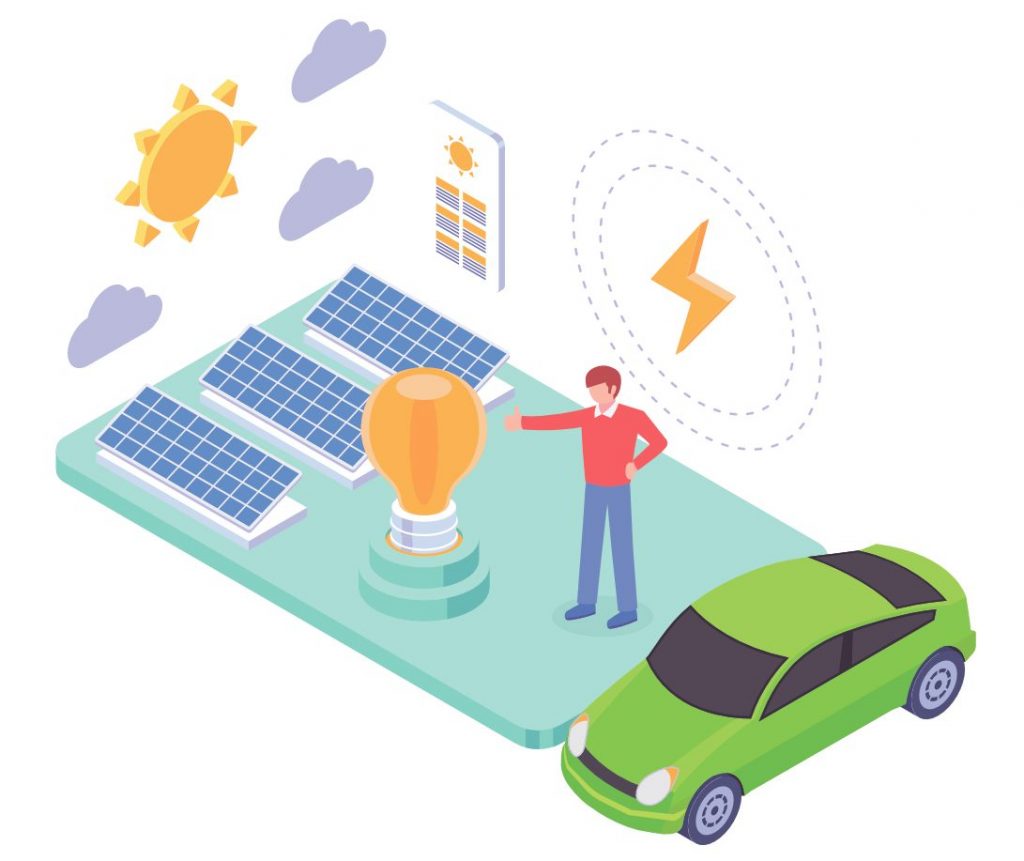
AURORA will demonstrate to the 10% of EU and UK citizens (circa 51 million) typically prepared to engage and invest in such citizen science programmes, that they can act to create a future without fossil fuels and lower energy costs.
About the Project
AURORA is part of the EU’s renowned “Horizon 2020” programme. It started in December 2021 and will receive a total of €4.6 million in funding over the next 3.5 years. As a so-called Innovation Action, the project has a particularly applied focus and implements its innovative solutions directly in practice: Approximately 7,000 citizens across five locations in Denmark, England, Portugal, Slovenia and Spain, will join forces to become ‘Near-zero emission’ citizens. As ‘citizen scientists’, these communities will also crowd-fund photovoltaic facilities locally to produce a total of ca. 1 megawatt of renewable energy. A mobile app – also to be developed as part of the project – will allow participants to monitor their own behavioural patterns of heating and cooling, transport and use of electricity. In return, they will receive tailored suggestions on how they can lower their energy demand and reduce their costs. Approaches like these are meant to engage particularly younger generations and empower them to become agents of change beyond the project itself. Through workshops and hands-on activities, the project will encourage citizens to change their behaviour and attitudes towards energy.
The four locations in continental Europe will be established around university campuses as hubs for social innovation; a fifth demonstrator will be established in one of England’s economically most deprived regions, where the authorities declared a state of ‘Climate Emergency’ in December 2018.
The AURORA project consortium comprises nine institutions from six countries. The endeavour is coordinated by the Technical University (Universidad Politécnica) of Madrid, Dr. Ana Belén Cristóbal López from the university’s Solar Energy Institute. During the project kick-off in Madrid, coordinator Dr. Cristóbal described the ambitious goals as follows: “AURORA aims at nothing less than to help local communities democratise the governance of their energy systems. Also marginalised groups will be empowered to makemore informed and thus more sustainable energy decisions.”
Key Drivers
The European Union has set itself ambitious goals to mitigate and adapt to the climate crisis: to cut down greenhouse gas emissions by 55% within less than a decade compared to the reference year 1990, and to make Europe the first climate-neutral continent by 2050. Three quarters of these emissions are a direct result of how people produce and consume energy. The AURORA project will allow citizens to play an active role in transforming this sector by giving them the tools to achieve these ambitions. The project will enable citizens to become both a producer and consumer of energy (‘prosumer’). It is going to foster local energy communities, powered by leading-edge photovoltaic technology, and thereby aims to transform the energy system at large, to make it more transparent, fair and sustainable.
The Project Consortium
- Technical University of Madrid, Spain (Project Coordinator)
- Aarhus University, Denmark
- Centre for Sustainable Energy, United Kingdom
- Forest of Dean District Council, United Kingdom
- Institute for Science & Innovation Communication, Germany
- KempleyGreen Consultants, United Kingdom
- Qualifying Photovoltaics, Spain
- University of Ljubljana, Slovenia
- University of Évora, Portugal

